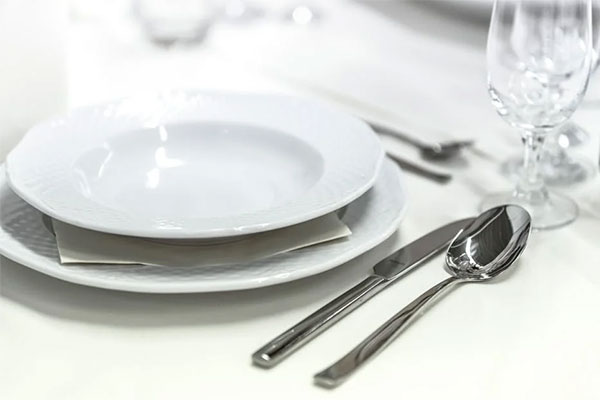In our everyday lives, food contact materials, such as tableware, paper cups and glasses, have become an integral part of us. But did you know what steps and reviews need to be taken when these everyday items cross borders and arrive at our table from overseas manufacturers? Today, we will discuss the complex processes of importing food contact products, as well as the strict standards and requirements that must be met.

Basic Qualification Requirements for Imported Meals
Importing foodstuffs and food contact products appears to be a simple process, but in reality it involves a number of legal, regulatory and administrative requirements. First, companies must have the right to import and export and have a maritime record register. This means that if your company wants to import such products, you need to make sure that the company has the appropriate import qualifications and is registered in the customs system. In addition, signing a paperless customs agreement with the customs is also one of the prerequisites for successfully completing the import process.
Documents and information required for importing foodstuffs
When importing foodstuffs, enterprises must prepare and submit a series of documents and information to ensure that products meet domestic and international safety and health standards.
Certificate of Origin:This is used to verify the origin of the product and prevent possible trade fraud or unfair competition.
Commercial invoices :Describe the specific information of the goods, including value, quantity, etc.
3 The baggage:Detailed records of the way the goods are loaded and the contents of each box.
Declaration of conformity of imported food contact products:This declaration confirms that the product complies with the food safety standards of the importing country.
Detailed product information:This includes product names, manufacturers and manufacturing addresses, conditions of use (such as temperature and time) and whether it is suitable for reuse.
In addition, understanding the specific use and material information of the product is crucial for smooth customs clearance.This includes understanding the name of the contact layer of the product, the type of contact food and its shelf life (if applicable).
Customs requirements for imported foodstuffs
The customs process for imported food contact materials and products involves several key steps:
Preparation of supplies and information:Ensure that all required documents and information are complete and in accordance with the requirements of the importing country.
Transportation to and from port:The goods arrive at the designated port by international transport after meeting all transportation regulations.
3 and cleaning:Submit all necessary import documents and complete customs reporting and reporting procedures.
Inspection and Modification:If necessary, the customs or inspection department may require inspection of the goods. If a problem is detected, corresponding correction must be made.
5 and inspection:Depending on different products and countries of origin, there may be a certain probability of product sampling.
Delivery and final inspection:After the goods are dispatched, they can be sent to the specified place and finally issue the imported goods inspection and sanitation certificate.
It is worth noting that the National Health Planning Commission of China and the General Administration of Food and Drug Regulation have issued a number of standards including the National Standard Food Contact Materials and General Safety Requirements for Products, covering safety requirements for various materials such as porcelain, ceramics, glass, plastic, etc. Importers must ensure that all products comply with these standards to avoid any delays or legal issues at customs.
In short, importing dining gear and food contact products is not an easy task. It requires enterprises to understand and abide by a range of complex regulations and standards.Import agentBusiness cooperation, through rigorous preparation and accurate mastery of the processes, ensures that the products of the enterprise go smoothly through the customs.


 Follow customer service WeChat
Follow customer service WeChat